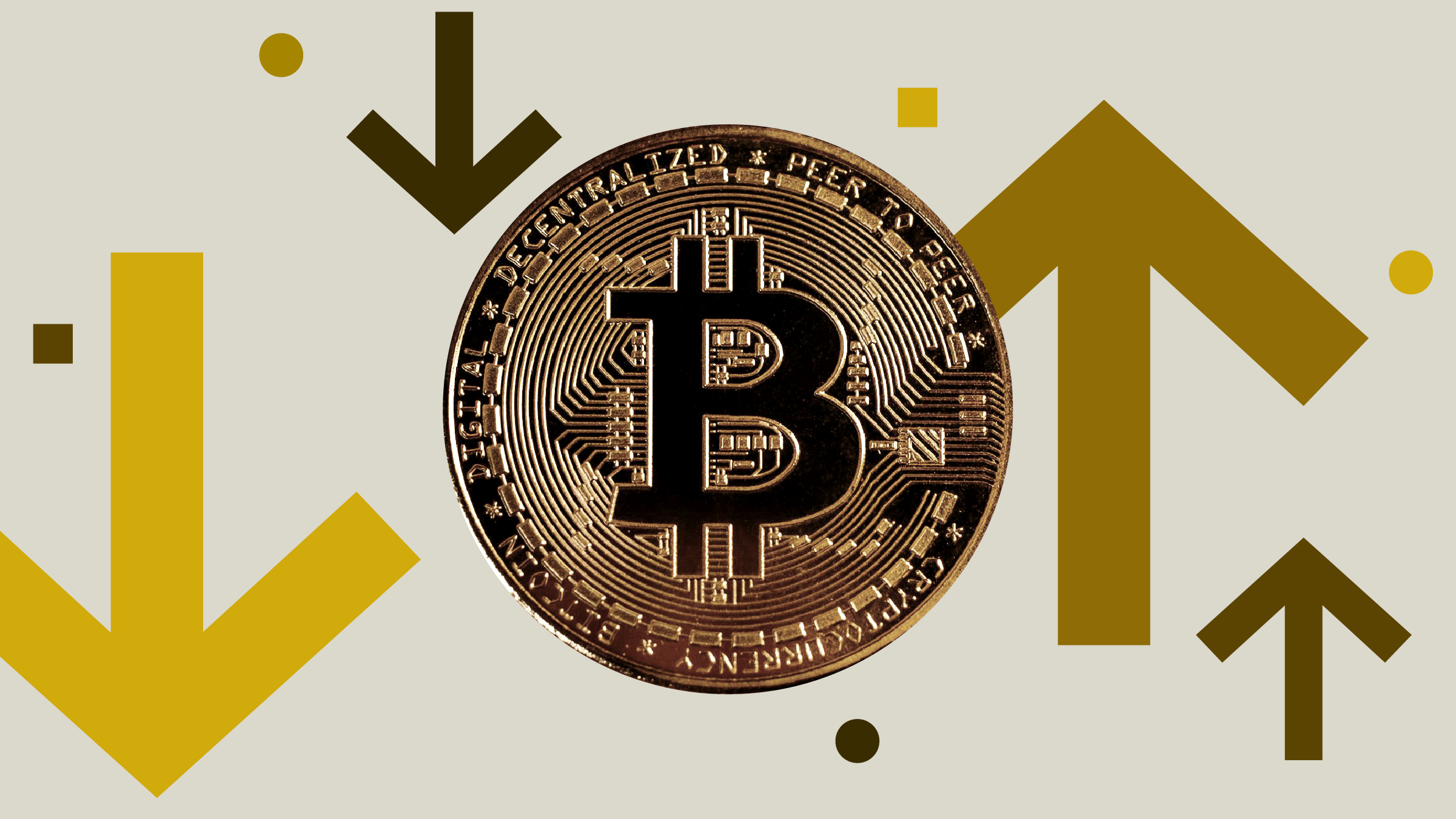
Bitcoin has been ripping to record highs, riding the euphoria surrounding Donald Trump’s reelection as US president. This rally has delivered an immediate and substantial boost to Canadian bitcoin ETFs, driving both performance and inflows as investors flock to these funds to capitalize on the sharp rise in the flagship cryptocurrency’s prices.
However, market analysts and portfolio managers tracking the trend caution against reading too much into the “Trump trade.” They warn that the president-elect’s favorable view of Bitcoin and supportive campaign promises don’t guarantee delivery. Nevertheless, they agree that the broader adoption of Bitcoin (both at the individual and institutional level) should translate to sustained growth for Bitcoin-tracking assets like ETFs.
Trump’s campaign promises regarding Bitcoin included support for its mining and removing some regulatory barriers. As a result, his victory fueled a sense of euphoria among enthusiasts. Bitcoin soared to a record high of USD 94,000 on the afternoon of Nov. 19, setting a new all-time price benchmark. Bitcoin prices are up 133% in the year to date and have gained 31% since Election Day, as of Nov. 18.
This rising tide has lifted all crypto and crypto-adjacent assets, including Bitcoin ETFs. However, market watchers were quick to temper any unrealistic expectations. Bryan Armour, Morningstar’s director of passive strategies research for North America, says it may not be easy for Trump to deliver on his promises, and market forces will determine the worth and direction of Bitcoin.
Why Is Bitcoin Rallying?
Several factors are driving the increase in Bitcoin’s value, affecting the price of Bitcoin ETFs. “There’s a pro-Bitcoin president-elect who has expressed interest in establishing a strategic Bitcoin reserve,” says Michael Zagari, investment advisor and associate portfolio manager at Wellington-Altus Private Wealth. Although the likelihood of this fully materializing might be low, he says the United States might maintain its current Bitcoin holdings, or gradually increase them.
There are other contributing factors. Lower interest rates create more incentive to invest in riskier assets, including cryptocurrencies. Additionally, lower oil prices could support favorable economic conditions for Bitcoin price appreciation.
There is also the trend of softening aversion to Bitcoin among global governments. There’s been a move toward more crypto-friendly regulations in Italy under Prime Minister Giorgia Meloni. In the UK, pension specialist Cartwright has introduced a first-of-its-kind 3% allocation to Bitcoin within a pension scheme’s investment portfolio. “These developments, while individually modest, collectively create a more favorable environment for Bitcoin, likely contributing to its price surge and the corresponding rise in Canadian Bitcoin ETFs,” Zagari explains.
What’s Good for Bitcoin Is Good for Bitcoin ETFs
Riding the Bitcoin tide, Bitcoin ETFs saw strong inflows during the US election on the back of renewed investor interest and confidence. Overall, cryptocurrency ETFs saw assets under management rise from C$5.22 billion in September to C$5.68 billion in October (an 8.8% monthly jump), according to Morningstar data.
Bitcoin ETFs have been leading the Trump rally over the past week, with a 19.4% rise for the Purpose Bitcoin ETF BTCC and more than 20% gains for Fidelity Advantage Bitcoin ETF FBTC, CI Galaxy Bitcoin ETF BTCX.B, and 3iQ Bitcoin ETF BTCQ.
“Our data shows inflows into Canadian Bitcoin ETFs post-election, [followed by] some profit taking,” says Armour. “Solid performance tends to drive inflows for Bitcoin products,” he explains, adding that it remains to be seen whether investors will continue to chase this trend over the longer term.
Sustained growth in Bitcoin-backed ETFs will in no small measure depend on the interplay between widespread adoption and the increase in Bitcoin’s price, according to Zagari. “While predicting the duration of this bullish trend is challenging, current indicators from both retail and institutional sectors suggest growing confidence in Bitcoin as an asset class, which can have a trickling effect on Canadian Bitcoin ETFs,” he says.
Notably, in Canada, Bitcoin ETFs offer the added advantage of being eligible for inclusion in various tax-advantaged accounts, such as RRSPs, TFSAs, and cash accounts. “The ability to invest in Bitcoin through ETFs in retirement or savings accounts provides a more accessible route for retail investors to gain exposure to Bitcoin without directly handling the cryptocurrency,” Zagari says.
What’s Next for Bitcoin ETFs?
Most Bitcoin watchers agree that predicting how long this bullish trend will last is a challenge. “Bitcoin’s price is highly volatile, so the future remains uncertain,” says Armour. “Even more uncertain is whether Trump intends to keep his campaign promises, or if his administration can deliver on them.” He concedes that Bitcoin continues to enjoy broader adoption, which “should translate to growth of Bitcoin ETF assets.” He says that a US president supporting Bitcoin can only help broaden its adoption, noting that it “will lead to inflows over time, but anything can happen in the short term.”
Zagari says the new era in the investment world calls for an open mind about emerging asset classes, including Bitcoin-related investment vehicles. “This mindset isn’t just crucial for wealth creators but also those focused on wealth preservation,” he says. Bitcoin has shown greater staying power than originally thought, which makes a compelling case for investors to gain exposure to it, he says, adding that “Canadian Bitcoin ETFs make all this possible and are easy for the masses.”
Bitcoin enthusiasts often point to the coin’s utility as a store of value and a medium of exchange. Detractors argue that the cryptocurrency’s price has been highly volatile, with significant fluctuations over short periods. “This volatility makes it less reliable as a store of value compared to traditional assets like gold or stable currencies,” says Hossein Ghaffari Aram, associate portfolio manager at Richardson Wealth Limited.
Bitcoin’s market value is given to extreme volatility, sometimes surging on euphoric momentum or experiencing sharp declines triggered by panic selloffs. Bitcoin ETFs make it somewhat easier for retail investors to incorporate the cryptocurrency into their portfolios. “These ETFs provide a more accessible and convenient way for individuals to invest in Bitcoin through traditional brokerage accounts, without the hassle of directly buying, storing, or securing the cryptocurrency themselves,” says Aram.
Will Bitcoin Continue to Rise?
Bitcoin prices have direct implications for the performance of Bitcoin ETFs. However, without measurable factors, predicting Bitcoin’s value (either in the near or long term) is significantly harder than forecasting stock prices. “Calculating a fair value for Bitcoin lacks key financial metrics such as revenue, earnings, or dividends,” says Aram. As a result, he says, Bitcoin’s intrinsic value is often determined by its scarcity and the number of users within its network.
For the most part, though, Bitcoin prices are driven by narratives, and Armour says that “the current narrative is very positive. Trump’s actions and inactions in office will drive changes to that narrative, and investor demand will almost certainly go through peaks and valleys.”
Prospective investors must further note that drawdowns exceeding 40% are not uncommon. In fact, Bitcoin lost about 75% of its value in 2019, and then again in 2022. “Bitcoin rallies are exciting, but history is a good reminder that periods of rocky performance are lurking in the future,” Armour cautions.
It is also noteworthy that while Bitcoin-tracking ETFs tend to closely follow the price movements of underlying Bitcoin holdings, they may not perfectly replicate their performance due to management fees, tracking errors, and market inefficiencies. These discrepancies can result in slight deviations between the fund’s returns and the actual performance of Bitcoin.
The author or authors do not own shares in any securities mentioned in this article. Find out about Morningstar's editorial policies.















